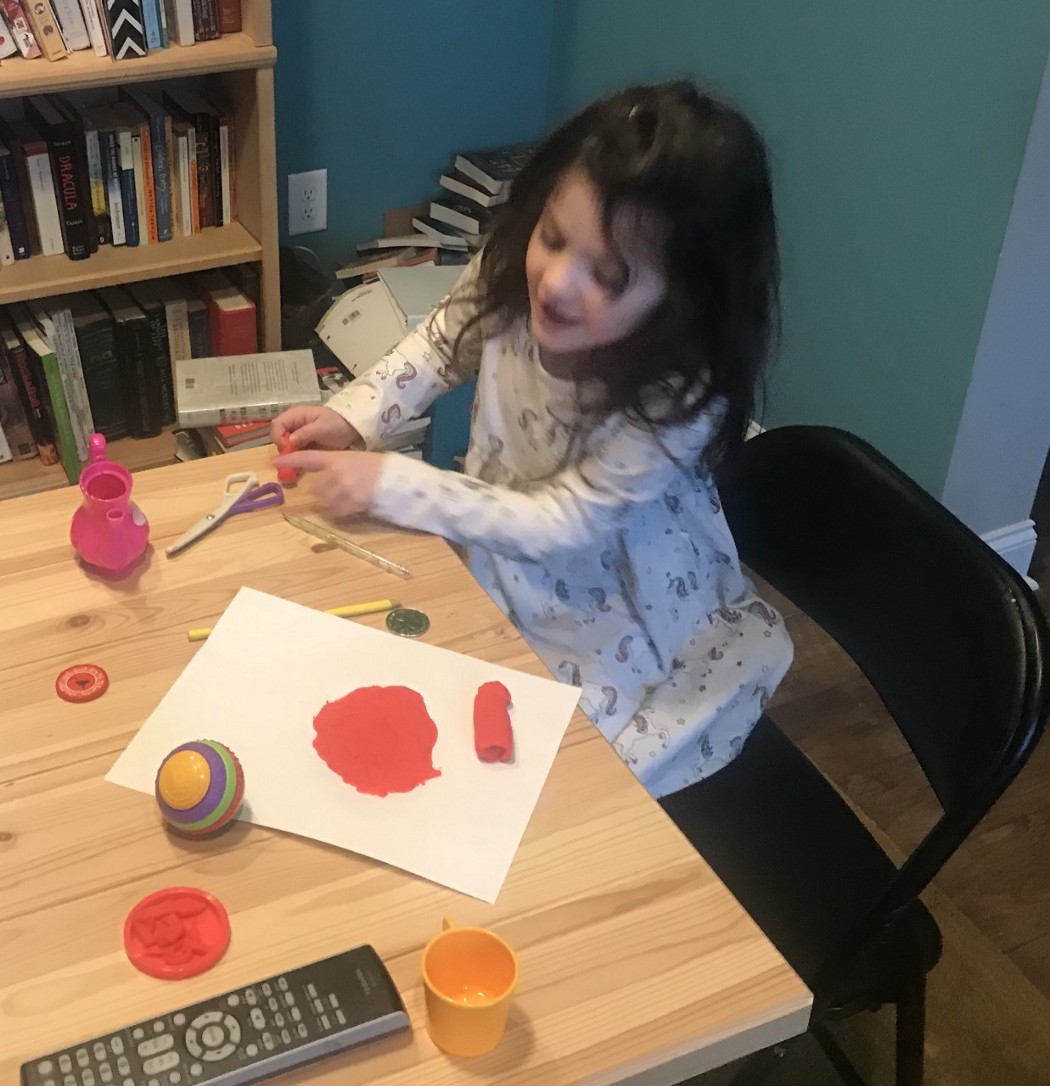“Search me, God, and know my heart; test me and know my anxious thoughts.” Psalm 139:23
The Psalmist asks God to examine his heart. He’s just prayed a pretty brutal prayer (check out verse 22), and he wants God to make sure his motives are pure.
I would be anxious just having the thought, “Those are my enemies! They’re evil!” much less expressing that sentiment to God. I know intellectually that if I have a thought, God knows it. Still, something seems different about expressing it in prayer — that is, in taking my involuntary reactions and making them planned expressions to God.
Recently, I’ve been trying to share more with God — to resist the urge to only come to Him with petitions or the things that I think are religious. I’ve also been trying to give myself time to listen to Him. “What do you think of this, God?” I asked last week after starting a book that, if I completed, was over twenty hours. “Is it worth reading to the rest of this?” The answer: it wouldn’t be a wise use of my time.
It’s not odd for me to ask for God’s blessing in the morning or to give thanks in the evening, but both practices can turn into prayer soundbites, tiny moments of summarized news instead of the intimacy of real conversation.
I’ve been meditating on what it means to talk and listen to God — and to come to Him and ask Him to examine me — because my daughter never ceases to ask me and my wife, “What do you think?” when she completes a new project.
Just in the past week, those projects have included:
- Toys for her kitties
- Work on a jigsaw puzzle
- A book on the Chinese New Year
- Valentine’s Day cards
- Her homemade “tacos” which she made from tortilla chips, shredded cheese, and black beans
- Her bath bubble sculptures
- Her speech on the power of music
- Her dance routine
- Her new piano piece
She’s always working on something, and she’s very eager to get our feedback.
I’m touched by her openness. She’s not a Mozart-esque prodigy by any means, but she’s imaginative and creative. Every single project she takes up lets me see in her a reflection of God’s image. She’s a remarkable human being, and at times it floors me that I get to be her dad.
If God created us for good works, then He too delights when we undertake some project for His kingdom. I want to develop the same level of intimacy with God that our daughter has with us: the openness to share what she’s working on, a delight in rejoicing with a loved one about what’s she’s made, and a desire to know what that loved one thinks and feels.
On the other hand, I want the intimacy I have with God to transcend the relationship my daughter has with me.
First, I want to listen more. Our daughter is reluctant to ask for input on the front-end of her projects. She just starts and hopes we can either salvage her mistakes or celebrate her finished products. Unless God builds the house, I’ll be laboring in vain. It’s best for me to ask now.
Second, I want to share everything I do to reflect God’s heart. Just look at my daughter’s projects. They are the product of an afternoon’s enthusiasm after a particularly good episode of The Cat in the Hat Knows All About That. They are the gold standard of attention deficit disorder. That’s fine! She’s five! But I want the purpose of everything I do — from the small things like eating and drinking to the big things like what I’m doing to serve my community — to glorify God.
Third, I want my first impulse to be, “What do you think, God?” I don’t want to be delighted in it if God’s not delighted in it. My daughter only shows us things she’s already proud of. Many times they are cute and fun. Other times, I am left with having to describe them as a way of getting out of saying something evaluative: “I don’t believe I’ve heard a song quite like that one!” I wonder how often that’s the thought crossing God’s mind: “Well, that certainly was an attempt at service, wasn’t it?”
All of this comes back to making sure I have the proper relationship between me and God. Strictly speaking, God’s spirit is what will enable me to listen, share God’s heart, and truly desire His approval first. I will only become what God wants me to be if God helps me.
I, on the other hand, can’t do everything for my daughter. I don’t have the time, and I don’t she would want me too even if I did.
What I can do is love her, do my best to model for her the relationship God has with her, and grow in good works so that on the final day, I can stand boldly before the throne of grace and say, “What do you think?”

